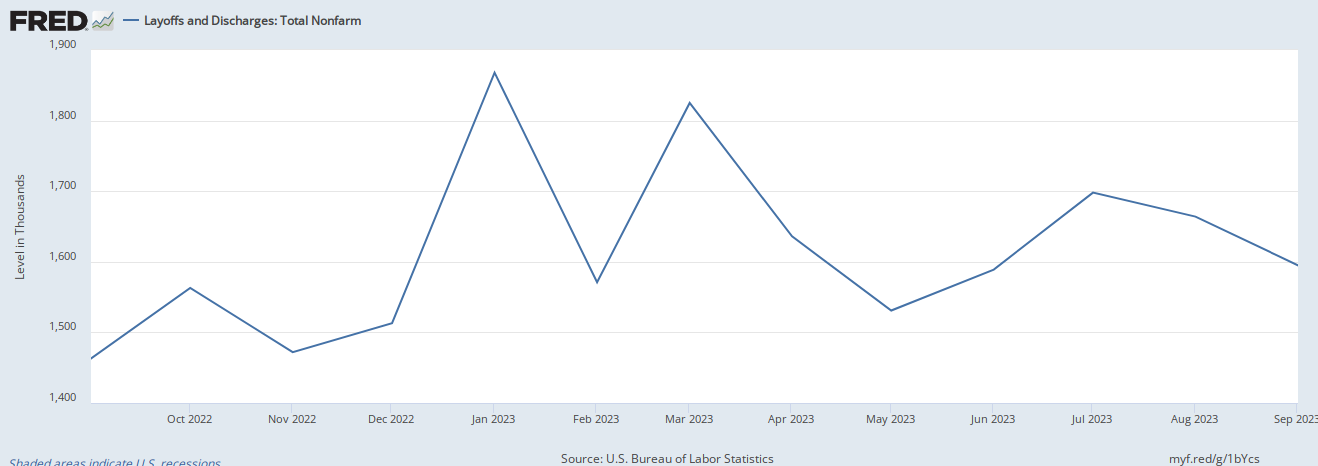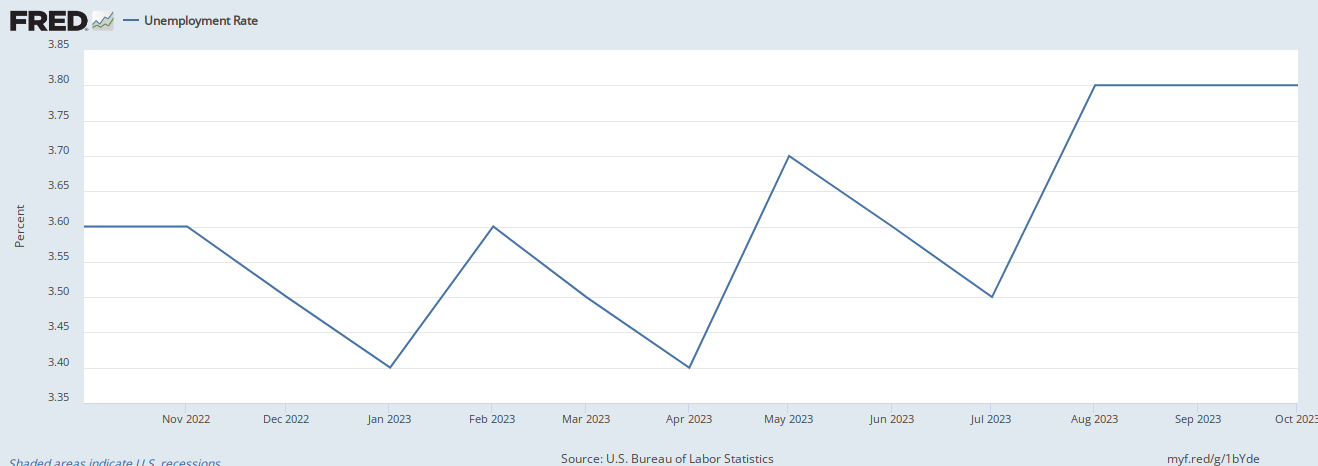It looks like you're new here. If you want to get involved, click one of these buttons!

https://www.cbsnews.com/news/inflation-households-need-extra-11400-these-states-its-even-higherThe analysis, from Republican members of the U.S. Senate Joint Economic Committee, taps government data such as the Consumer Price Index and Consumer Expenditure Survey to examine the impact of inflation state by state.
...
The Biden administration called the analysis "flawed." Citing federal labor data, a White House spokesman noted that per capita disposable income has risen 16% since December 2020, just prior to President Joe Biden's inauguration.
"14 million more Americans have jobs today than when President Biden took office and household disposable income is up by almost $21,000 since December 2020," the spokesman said in a statement to CBS MoneyWatch.


Notice there is no information on how to place those orders that will be processed later (in 2024?).Please be advised that TIAA Life is currently experiencing an operational outage due to a cybersecurity event with one of our vendors. Current account values are unavailable for individually owned life insurance policies and annuity contracts. We are diligently working with the vendor to mitigate the impact to you until the outage is resolved. At this time, we are unable to provide an estimated timeline for resolution. Any pending transactions will be completed as quickly as possible in the order in which they were received when serviced is restored. Your transaction will be processed effective the date it was received in good order, without negative impact to you. General TIAA Life product inquiries may be directed to the service center at 800 223-1200. This issue does not affect any other TIAA products. Account values and online services for all other TIAA products are available as usual.
Page Expired
The page you are trying to access is no longer available.
So...my so-called general, unsophisticated Rule worked again, for the time being at least.At a general, unsophisticated Rule, I ALWAYS plow $ into stocks near/at the end of three consecutive S&P DOWN months that cumulatively register a total drop near/in correction territory. That was the case a couple of days ago when I did my standard % dump in.
And, FWIW, I try not to THINK of that Rule, or my overall investment strategy, as smart or dumb, because I KNOW the market will soon enough inform me I'm looking a lot like the other one!
For the ST time being at least, with the major indexes all UP 5.1%-7.6% last week, the above-noted Rule has paid off much faster than usual, and provides support for the old adage that
"Even a blind squirrel finds an acorn every once in a while!
Meanwhile, the jury is still out on the move being smart or dumb LT.

+1 And don’t forget the bond market. The current month long move in long duration bonds of all stripes and colors has been a lock out rally and one of the best in many a moon. Many muni funds have had but one down day the entire month and up 6% to 7%+. Tomorrow’s inflation report could be pivotal if this move is to continue. It has been said many times that the best money, be it stocks or bonds, is made long before the outlook improves and the coast is clear. Markets are anticipatory as well as counterintuitive.Good article.
I can't wait until their outlook improves and they start shoveling the record $5.73 trillion
in MM funds into the stock market...
© 2015 Mutual Fund Observer. All rights reserved.
© 2015 Mutual Fund Observer. All rights reserved. Powered by Vanilla